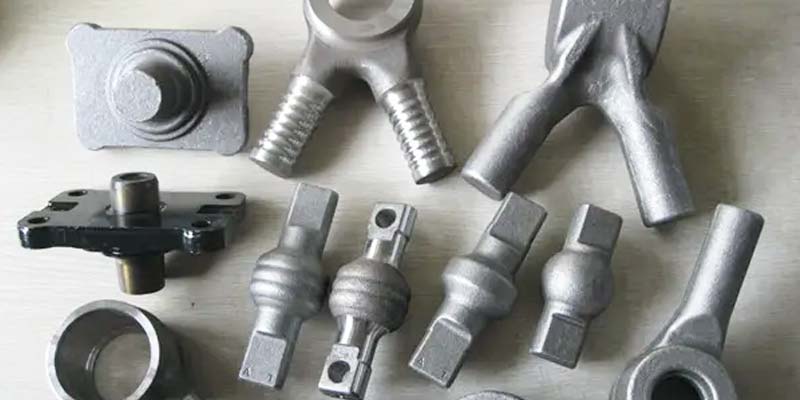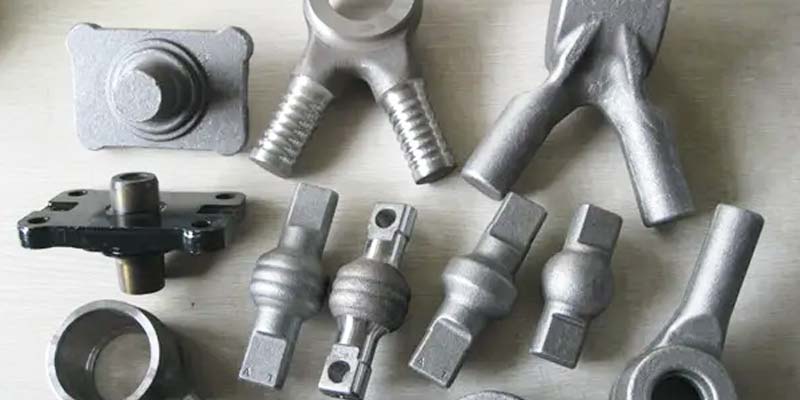- Contact Innally, Let you purchase forgings in China more favorable prices, products more assured!
- Hotline:+(86)15038323776 Email:innally@innally.com
Use and classification of automobile forgings
- Category: Aluminium alloy forging, Automotive forgings
- |
- Date: 15/08/2023
automotive forgings play a vital role in improving the overall performance of the vehicle, reducing the weight of parts, improving safety and reducing energy consumption. Through reasonable design and manufacture, it can meet the needs of cars in various working conditions.
- Customized to meet different customer needs
Product Details
Automotive forging refers to the forging process to process metal materials into parts with a specific shape, often used in automotive engines, chassis and body parts. They play an important role in automotive manufacturing and have several main uses:
Strength parts: Auto forgings are usually used to withstand large loads and forces, such as crankshaft, connecting rod, camshaft and so on. These parts need to have high strength and fatigue resistance to ensure the normal operation of the car and work safety.
Moving parts: Automobile forgings are widely used in transmission, suspension and braking and other motion systems, such as drive shaft, universal joint, drag arm, etc. These parts need to have high rigidity and wear resistance to meet a variety of complex motion conditions.

Sealing parts: Some key sealing parts in automotive engines and hydraulic systems are also often manufactured with forgings, such as piston rings, valve seat rings, etc. The forging process can ensure the sealing and stability of the parts, improve the efficiency of the engine and reduce the energy loss.
According to different uses and structures, automotive forgings can be divided into the following categories:
Engine forgings: including crankshaft, connecting rod, camshaft, piston, etc. These forgings are generally required to have high strength, high hardness, wear resistance and fatigue resistance to withstand high temperature, high pressure and high speed conditions in engine operation.
Chassis forging: including drive shaft, suspension arm, steering knuckle, etc. These forgings require high stiffness and durability to cope with complex road conditions and forces and pressures during vehicle movement.
Body forging parts: including car door locks, baffles, vibration retarders, etc. These forgings are mainly used to enhance the strength and rigidity of the body structure, and have good corrosion resistance and durability.
In short, automotive forgings play a vital role in improving the overall performance of the vehicle, reducing the weight of parts, improving safety and reducing energy consumption. Through reasonable design and manufacture, it can meet the needs of cars in various working conditions.
nannan
INNALLY mainly provides you with various types of cast and forged parts products. Welcome your inquiries! innally@innally.com
Related Products
Search
Forging center
- Steel forgings
- Aluminium alloy forging
- Titanium alloy forging
- Stainless steel forging
- Copper forging
- Automotive forgings
- Locomotive forging
- Bicycle forgings
- Motorcycle forging
- Rigging and fasteners
- Bearing forging
- Electric power fittings
- Marine forging
- Mechanical forgings for metalworking
- Mining machinery forgings
- Marine engineering forgings
- Construction machinery forgings
Popular product

© 2025. All Rights Reserved.







